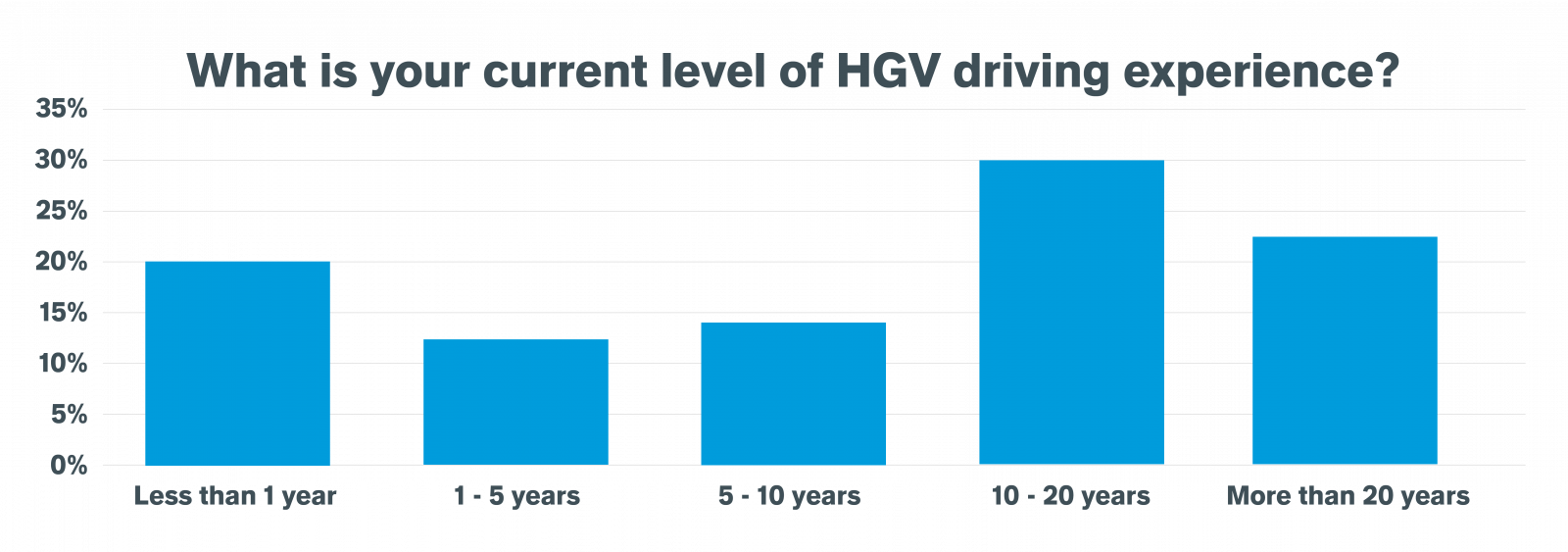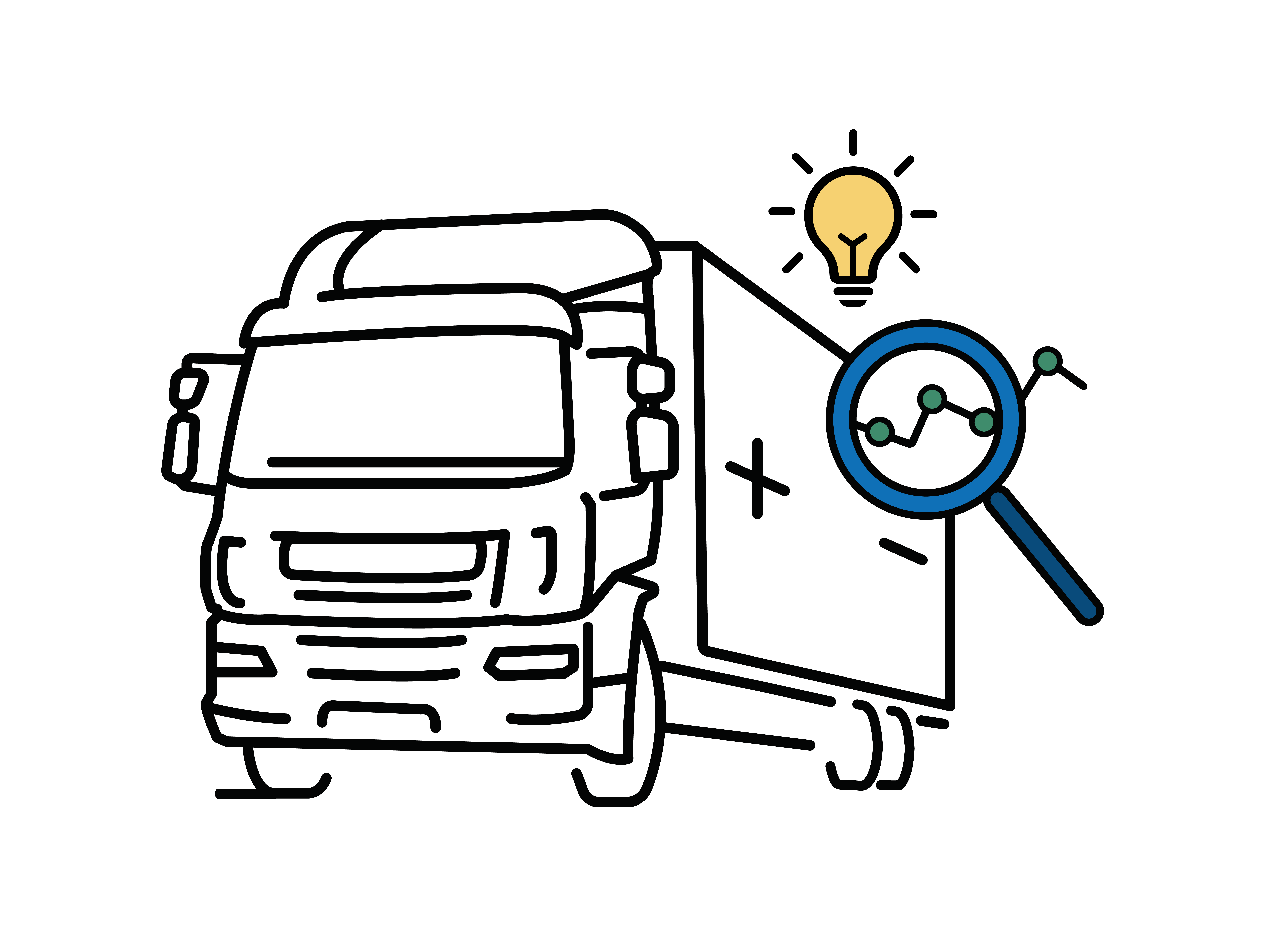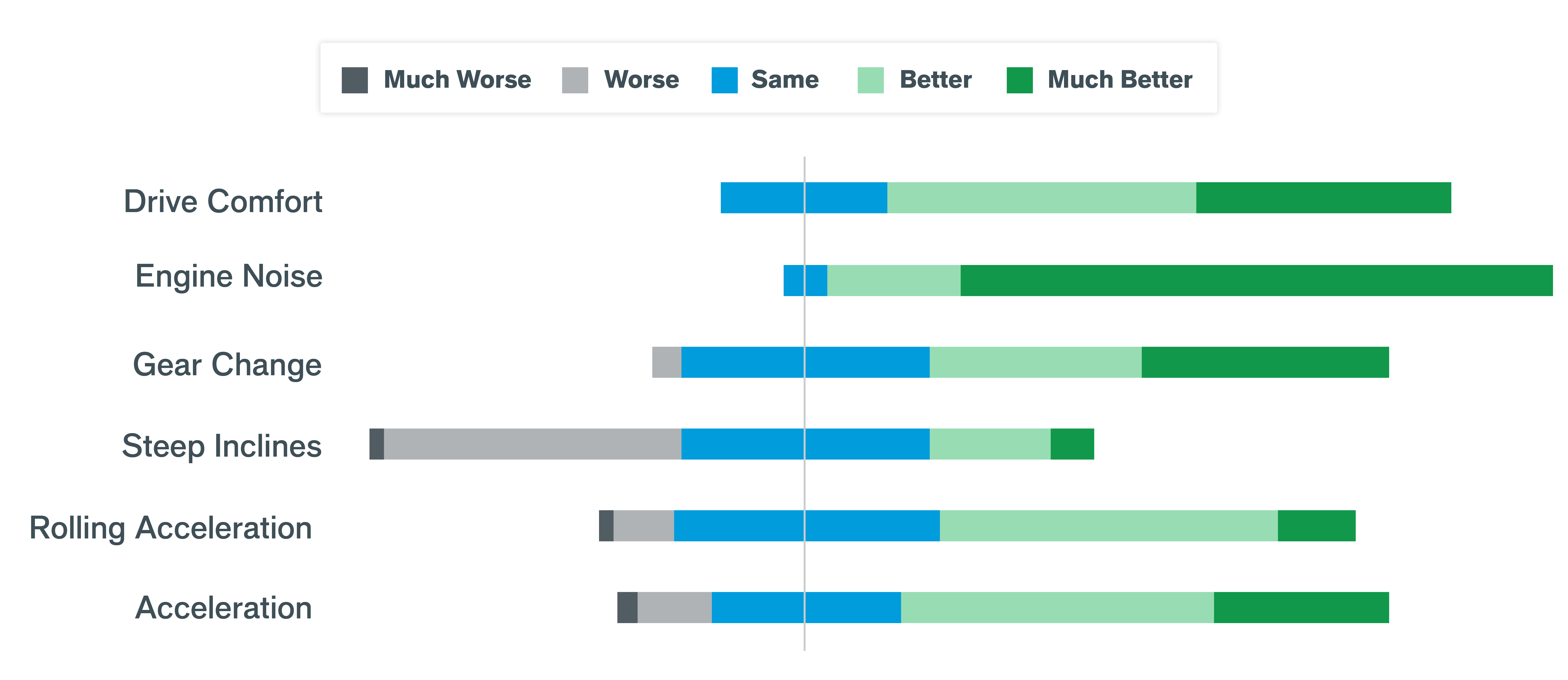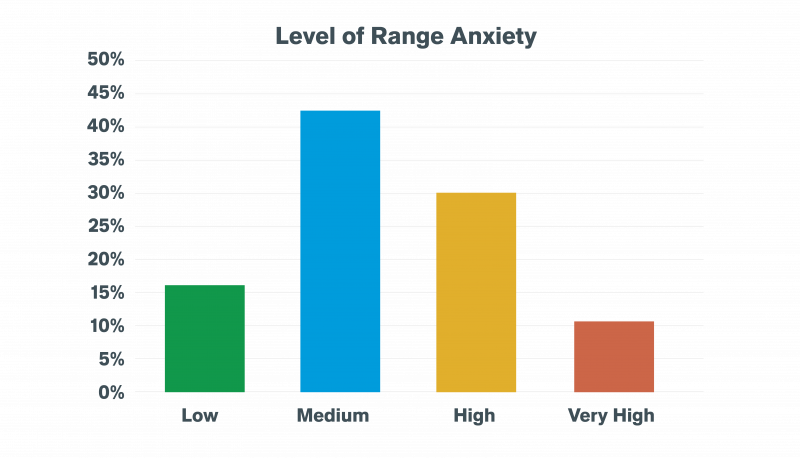
Pre-trial: Fleet Manager and Driver Attitudes
Cenex is collecting data on drivers’ and fleet managers’ attitudes to BEV usage through the lifecycle of the trial. The pre-trial interview of fleet managers covered information on the fleets (typical operations and previous experience of BEVs), environmental knowledge and behaviour, and views on BEVs compared to other vehicles and expectations of vehicle performance.

Key Points
Our pre-trial interviews with fleet managers found that:
Experiences of BEVs varied across the fleets, with some having multiple small BEVs in use and others with no experience at all before receiving the DAF truck.
The main concern for the fleets was around the ability of the vehicles to achieve the quoted range, especially when there are additional power requirements.
Fleets with fixed routes expected BEV implementation to be easier, rather than fleets which respond to customer needs who have less foresight of required range.
Our pre-trial survey of drivers found that:
Fewer than one in five drivers (19%) had driven an electric vehicle prior to BETT.
Vehicle performance and comfort is expected to be better in the BEV.
Reliability, range and recharging are a concern or area of uncertainty for many drivers.
Drivers are generally environmentally conscious and supportive of the introduction of BEVs.
Fleet Perceptions
The pre-trial interview of fleet managers covered information on the fleets (typical operations and previous experience of BEVs), environmental knowledge and behaviour, and views on BEVs compared to other vehicles and expectations of vehicle performance. The findings are summarised below.
Typical operations and previous experience of BEVs
There is a range of fleets with different operations in the trial, which can broadly be split into two categories: distribution fleets and ad-hoc service fleets. Experiences of BEVs varied across the fleets, with some having multiple small BEVs in use and others with no experience at all before receiving the DAF truck. Only a few fleets (or fleet managers) had previously been involved in a low emission vehicle trial. In general, the attitude towards the trial was positive and open.
Environmental knowledge and behaviour
Fleets consistently reported concern about the impact of poor air quality. Many of the fleets talked about seeing and smelling diesel vehicles and being aware of the harm this is doing. None of the fleets questioned the need for action to decarbonise transport. However, most were not convinced that BEVs would be the only solution.
All participating organisations have policies and initiatives to decrease carbon emissions. There was a mixed response on the publicity fleets would be seeking for the deployment of the BEV truck. Some were keen to get exposure and viewed having the truck on the fleet as an opportunity to raise awareness of their decarbonisation agenda. In contrast, other fleets felt they wanted to wait and see how the trial went before publicising it widely.
Most fleet managers have thought about switching to a personal EV, but most have ruled it out due to (perceived) insufficient range or high cost.
Views and expectations of BEVs
Fleet managers expect that BEV trucks would considerably improve air quality and reduce noise. The main concern for the fleets was around the ability of the vehicles to achieve the quoted range, especially when there are additional power requirements.
There was a difference in expectations and views between the distribution fleets and the ad-hoc service fleets. The distribution fleets had a better understanding of the duty cycles on which the BEVs would be deployed and were therefore more able to estimate whether the BEV would be able to complete the routes. The ad-hoc service fleets do not have set routes or duty cycles, making it harder for them to determine whether the BEV truck would suit the work. They were expecting to do more testing of journeys and tasks to see where the BEV could operate.
Driver Perceptions
The pre-trial survey of drivers covered driving behaviour and experience, environmental knowledge and behaviour, views on BEVs compared to other vehicles, views on charging, and expectations of BEV performance.
The results of the surveys are presented below. We received responses from 59 drivers. We have anonymised all results and aggregated findings across the nine participating fleets.
About the Drivers
Fewer than one in five drivers (19%) had driven an electric vehicle prior to BETT.
Nearly half of the drivers were in their 50s, with most of the rest in their 30s or 40s, which matches the wider logistics sector.
There is a wide spread of experience levels in the BETT sample, ranging from less than one year to more than 20 years. The most common category is drivers with 10 to 20 years’ experience.

Attitudes towards and expectations of BEVs
Drivers were asked a series of questions about their expectations of the performance and driving characteristics of BEVs compared to conventional diesel vehicles, levels of anxiety around driving BEVs, and their attitudes to BEVs in the context of environmental issues. These questions identified a wide range of views on different aspects of using and charging a BEV.

Vehicle performance and comfort is expected to be better in the BEV.
Around two thirds (65%) expected overall drive comfort to be better in the BEV.
More than three quarters (78%) of drivers expected acceleration from standing to be the same or better in the BEV. 70% expected rolling acceleration to be the same or better.
The majority (81%) expected gear change performance (speed of change and smoothness) to be the same or better in the BEV.
There was some concern about steep inclines with one third (36%) expecting the ability to handle steep inclines to be worse in the BEV.
The majority (83%) expected noise and vibration to be better (less) in the BEV.
Reliability, range and recharging are a concern or area of uncertainty for many drivers.
There were mixed views on expected reliability, with 22% expecting better performance, 25% worse performance, and 29% who didn’t know.
Almost two thirds (61%) expected vehicle range on a single charge/tank to be worse in the BEV.
Over one third (34%) expect ease of charging to be reduced in the BEV (compared to refuelling a diesel vehicle).
Around one third of drivers answered ‘don’t know’ to questions about the ease, safety, and reliability of charging which reflects the likely uncertainty due to most drivers having never driven an EV before.
70% of drivers have medium or high levels of ‘range anxiety’.


Drivers are generally environmentally conscious and supportive of the introduction of BEVs.
The vast majority (90%) are environmentally conscious and actively try to reduce their environmental impact.
Over half (54%) would prefer to drive a BEV because it is better for the environment.
More than half (61%) would like to know more about BEVs and their environmental performance.
The vast majority (88%) are proud to be part of a fleet which explores the use of emissions reducing technologies.
The vast majority (84%) think the environmental performance of the BETT vehicles will be better than diesels, the rest answered “don’t know”.
We will report on the end of trial fleet and driver surveys in subsequent BETT project reports comparing the drivers’ expectations to experience.